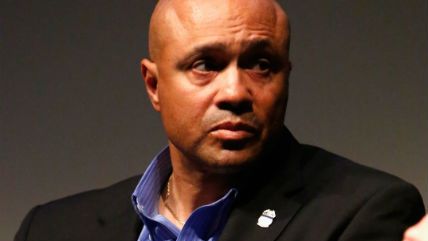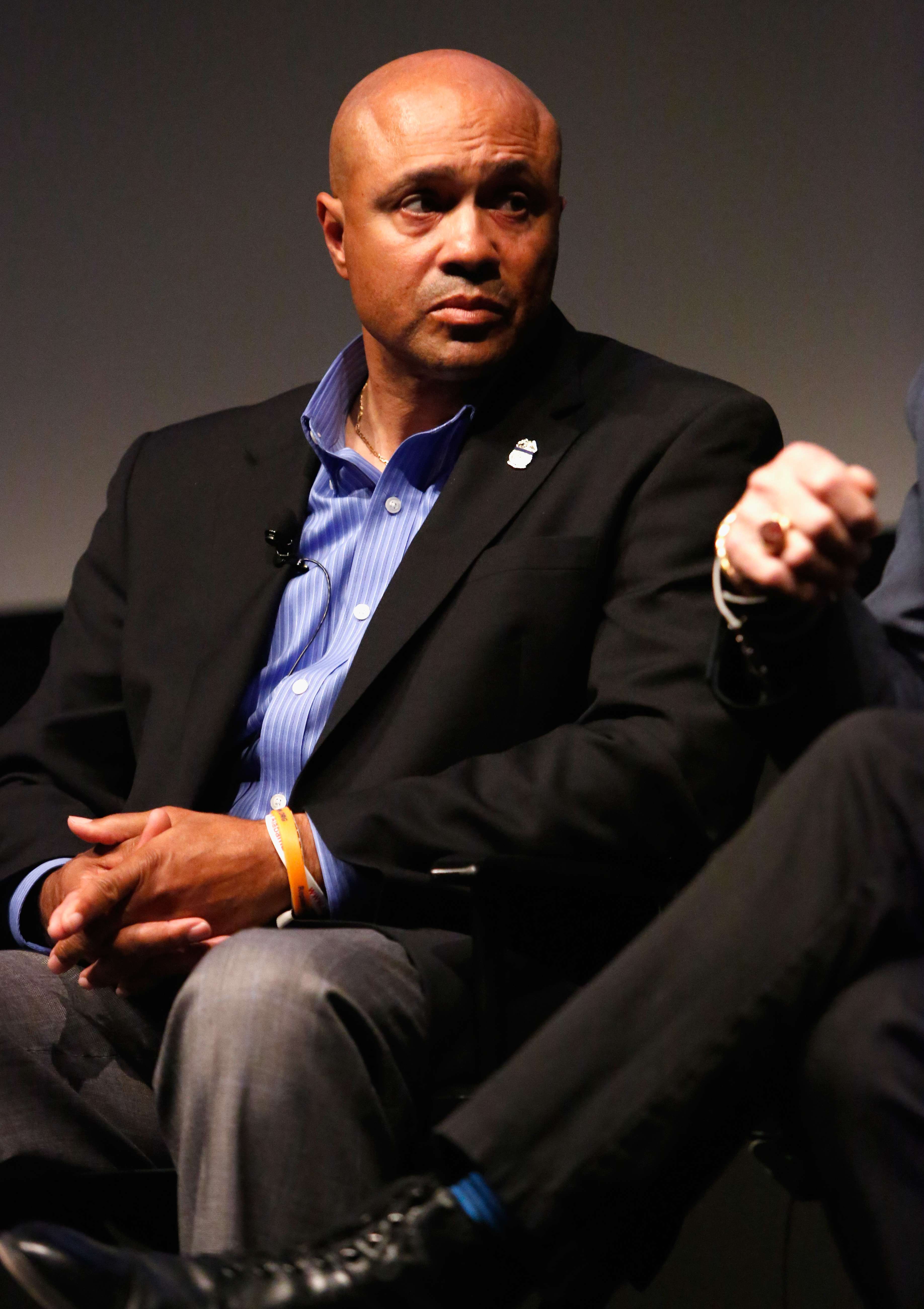Fighting the System From Within


Retired Major Neill Franklin spent 34 years with the Maryland State Police and Baltimore Police Department. Today he serves as executive director of Law Enforcement Against Prohibition (LEAP), a nonprofit that advocates an end to the war on drugs. Reason TV's Nick Gillespie sat down with Franklin at FreedomFest in Las Vegas in July. For a video version of this interview, visit reason.com.
Q: Do blacks and whites have dramatically different experiences with police?
A: Absolutely. Historically in this country, the police have never really been the friends of the black community. We're only a couple hundred years out of slavery, and the slave patrols—mainly in the South—were rounding up runaway slaves and so on, and much of our policing was born out of that.
Q: You're pulled over and you get a ticket, which gets a fine attached to it when you don't pay it because you don't have the money. Is it a means for social control?
A: Police have always been tax collectors, and unfortunately certain communities bear that burden more than others. You know, a $250 fine doesn't mean much to people who have money. Pay the fine and go on and get another tomorrow. No big deal. But when you enforce these policies in poor communities—and this was one of the things that was discovered in the St. Louis/Ferguson area—a $100 fine can devastate a family.
Q: In Dallas during a Black Lives Matter protest five policemen were killed. How does that make you feel?
A: In addition to feeling the pain of the families of those five police officers, the other thing that came to mind was the disservice that we have done to our police brothers and sisters in this country. And when I say "we," I'm talking about our politicians, and I'm talking about the policies that we have passed and continue to pass, such as drug prohibition, where we're trying to solve a public health crisis with criminal justice solutions. And our cops are the tip of the spear.
Q: If cops had their choice, they wouldn't be going after the nickel-and-dime crimes?
A: If cops had a choice, we'd be going after murderers, rapists, robberies. Helping families with domestic violence issues. We'd be going after people who are hurting people, not trying to be someone's guardian. Now, don't get me wrong. As a cop, as a member of a community, yes. We become mentors. We become teachers for young people. We even become somewhat of a social worker from time to time. But it shouldn't be your duty.
Q: Are you optimistic about the future?
A: We're starting to see people look at this as a health issue with some of the harder drugs. And with marijuana, they're realizing, "Hey, let's end [prohibition]. Let's move." We [at LEAP] didn't expect this to happen in our lifetime, so we're very happy about that.
We need a completely new model of policing. What we have now is a lot like trying to fix a broken car. It was a used car in the first place. It never did work. We were constantly trying to repair it. There comes a time in your life where you say, "You know what? I need a new car with a warranty that's going to get me from point A to point B."
Q: What are the preconditions to have an honest conversation about that?
A: The first thing we need is reconciliation, and I say that it should come from the police first. It needs to come from many different places, but it needs to come from our politicians and the police first. Why? Because we have the power.
This article originally appeared in print under the headline "Fighting the System From Within."


Show Comments (0)